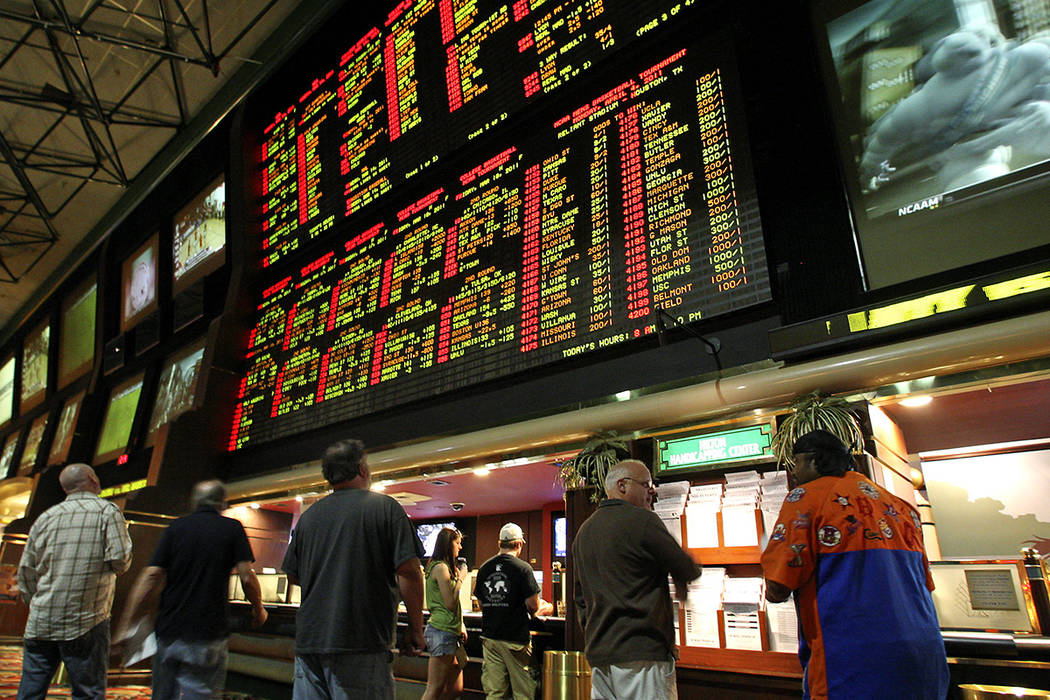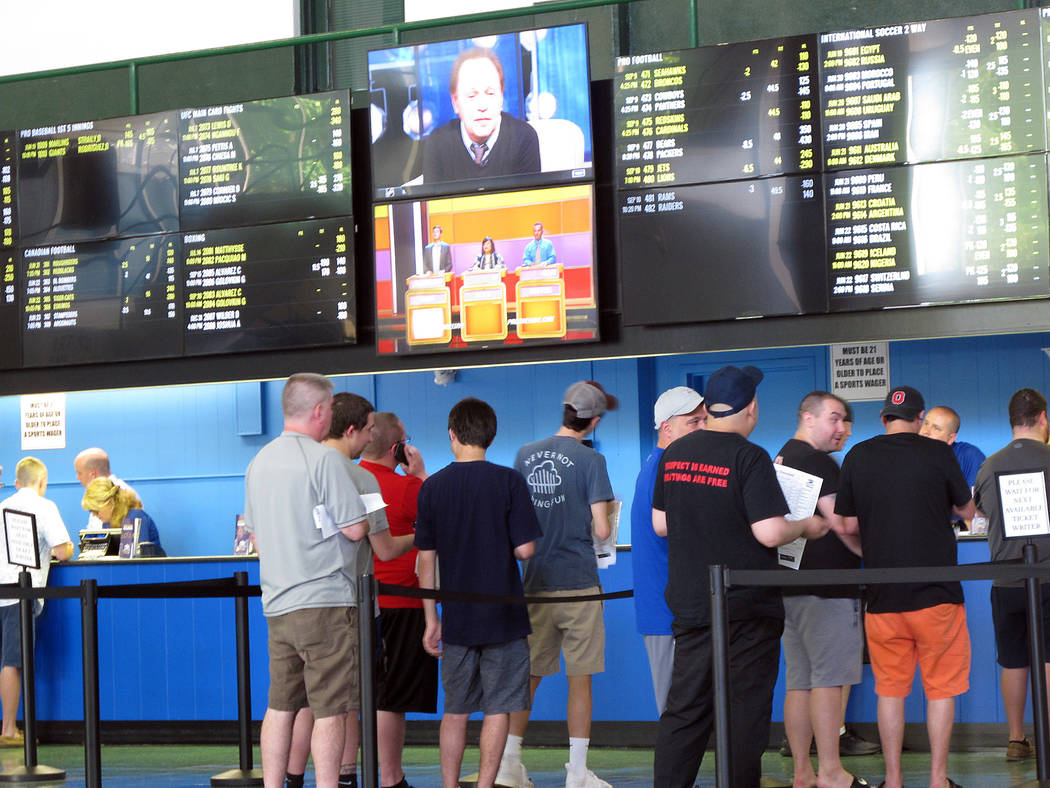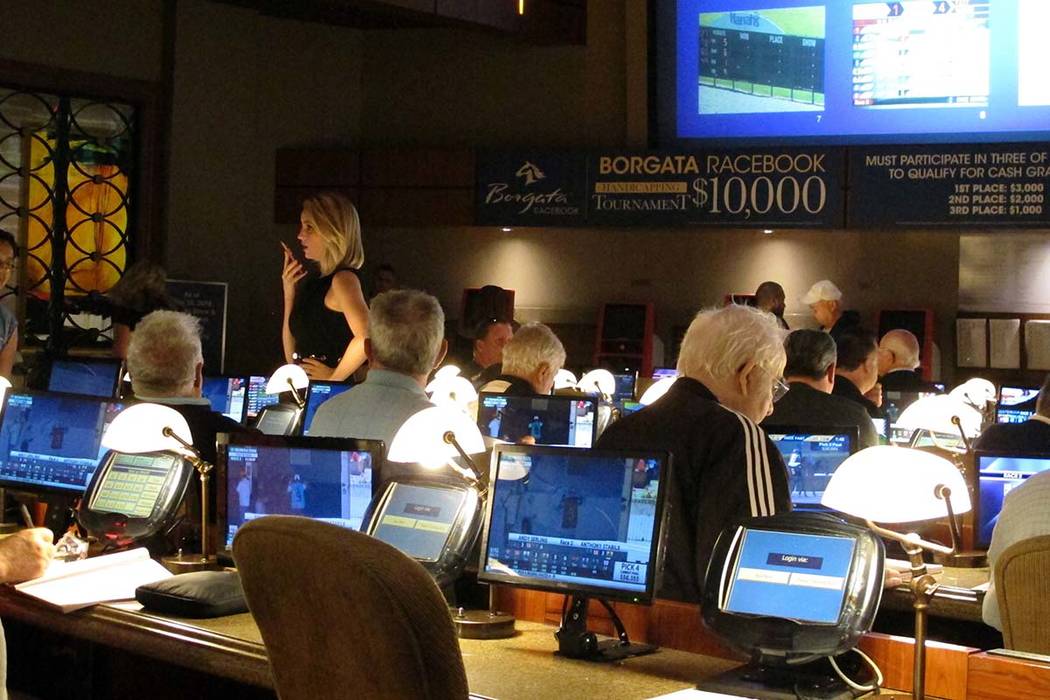Las Vegas gaming experts provide sports-betting policy guide



Ever since the U.S. Supreme Court first announced it was going to look at the Professional and Amateur Sports Protection Act last year and then moved to repeal it in May, there has been a barrage of news every week about the expansion of sports gambling in the United States.
Topics have included what policymakers in which states are developing legislation to start taking bets.
Companies are positioning themselves to use their existing resources to set up new markets around the country.
Technology providers, foreign and domestic, are lining up to serve those casino distributors with their platforms.
There was more big news as recently as last week. MGM Resorts International signed agreements with Boyd Gaming Corp. and the NBA to expand sports betting. MGM is partnered with IGT. Caesars Entertainment Corp. announced that it was partnering with Scientific Games to use its sports-betting platform.
As stakeholders move swiftly toward getting sports bettors in line to make wagers before the new football, basketball and hockey seasons start, and before Major League Baseball enters its playoff and World Series runs, good policy seems to be lagging.
There’s plenty of expertise in Nevada to lead the way toward fundamental sports betting policy, but there aren’t many roadmaps showing how to get where states want to be.
That is, until Anthony Cabot’s new book hit the bookshelves in late May.
Cabot, well-known in local legal circles as an expert in gaming technology and regulatory policy, collaborated with gaming law professor Keith Miller of Drake University to write “Sports Wagering in America: Policies, Economics and Regulation,” published by UNLV Gaming Press.
Having known Cabot and his work for years, I figured he would deliver a reliable guide.
“For a lot of people, this is new to them and they really don’t understand the industry very well,” said Cabot, now a distinguished fellow of gaming law at the Boyd Law School at UNLV.
Cabot and Miller dish out plenty of knowledge in the indexed 300-page paperback volume, covering laws, regulations, sports integrity, wagering integrity, the emergence of esports and his own recommendations.
Those recommendations are not without controversy.
Cabot is one of the few advocating federal oversight of sports integrity, and he makes a case for integrity fees for sports leagues.
“My position is, with regards to sports integrity, because the event upon which people are betting does not necessarily occur in the same state as the betting or, in fact, the same country, that something greater than a state regulatory agency has to get involved in order to help insure the integrity of those events,” he said in an interview.
As for a league integrity fee, Cabot believes that if legislation mandates that leagues participate in the promotion of sports integrity, they should be entitled to something.
“Right now there’s a one-quarter of 1 percent federal excise tax that just goes to the federal government for no particular reason other than that’s the history of the law,” he said. “My position is that we should really seriously consider repealing that tax and then giving that to leagues that comply with the statutory mandates, and get the leagues and the operators and the state governments all on the same side on this, so we can start to really come up with productive legislation that is in the best interests of all the stakeholders.”
Cabot knows that those positions won’t be popular and that there are those who firmly oppose any form of federal regulation. But he argues that the U.S. government is best-positioned to intercede in international sporting competitions people will be betting on. After all, wasn’t it U.S. agents that ultimately took down corruptive practices at FIFA, the world’s leading soccer organization?
Contact Richard N. Velotta at rvelotta@reviewjournal.com or 702-477-3893. Follow @RickVelotta on Twitter.













